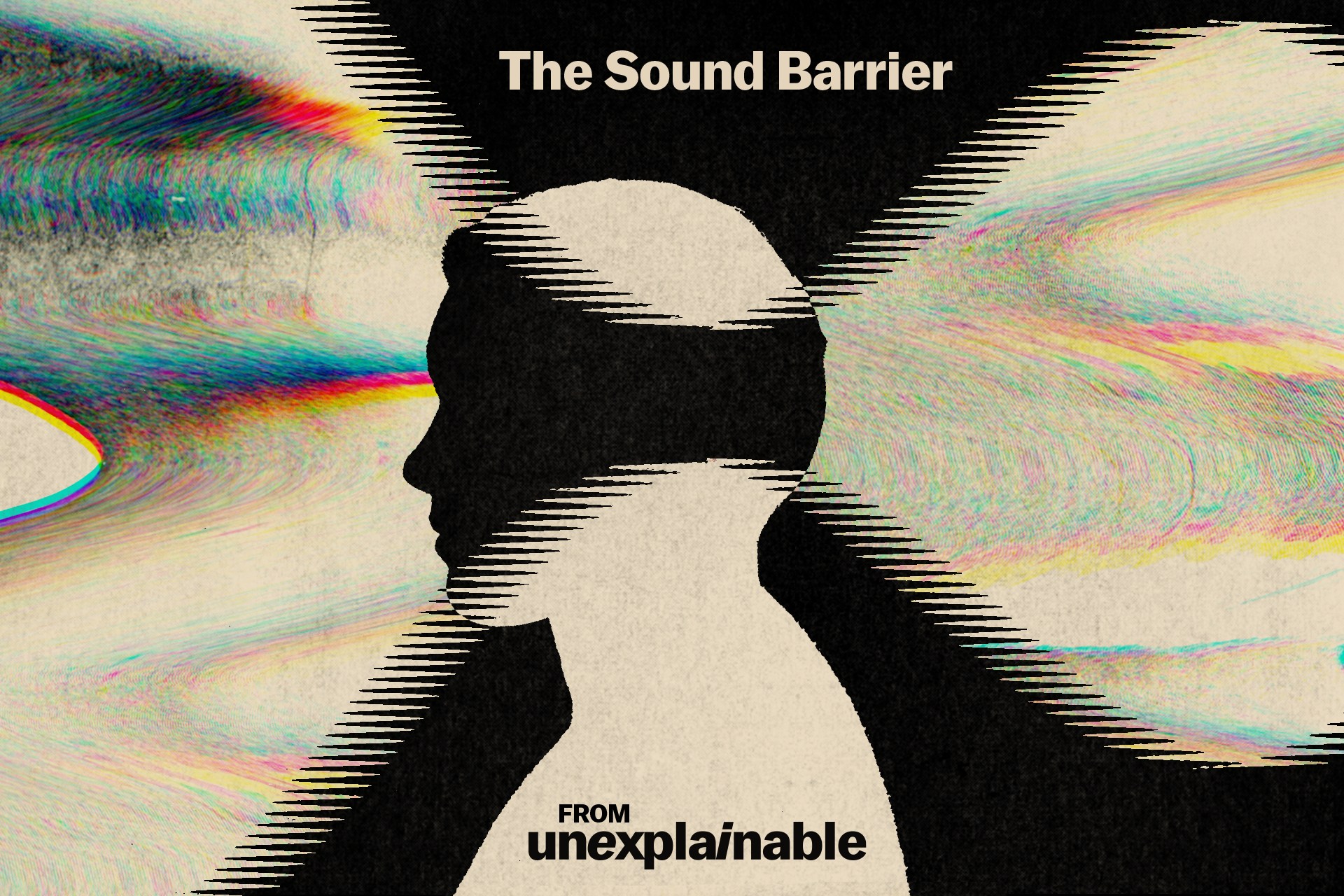Have you ever heard something that made you question your sanity? Psychologist Diana Deutsch experienced just that in the 1970s while experimenting with a synthesizer. The peculiar sound she encountered led to the discovery of the “Octave Illusion,” an auditory phenomenon revealing a fundamental truth: our brains actively construct the soundscape we perceive. But how does the brain achieve this, and what does it mean for our understanding of reality?
The Brain’s Auditory Editing Suite
The “Octave Illusion” is more than just a quirky auditory trick. It’s a window into the complex processes happening within our brains. Unlike a direct recording device, our ears don’t simply transmit raw audio data. Instead, they send signals that our brains interpret and organize. As Professor Dan Polley explains, “Everything that we perceive as consciousness is constructed from the activity of the brain.” Our perception of sound is not a direct feed but rather our brain’s informed interpretation based on experience, expectations, and even biases. The brain acts as an editor, filtering, amplifying, and even creating auditory elements that aren’t necessarily present in the physical world.
Unraveling the Auditory Enigma
This active role of the brain in auditory perception raises profound questions. What exactly are we hearing when we hear? Are we experiencing an objective reality, or a carefully curated simulation crafted by our own neural circuitry? The truth likely lies somewhere in between. Our brains strive to create a coherent and meaningful representation of the world, using sensory input as a foundation. However, this process is inherently subjective, shaped by our individual experiences and cognitive frameworks. Auditory illusions like the Octave Illusion highlight the brain’s capacity to fill in the gaps, resolve ambiguities, and even override raw sensory data to create a seamless auditory experience.
Beyond Illusions: Implications for Understanding the Brain
Understanding how the brain constructs our auditory world has implications far beyond the realm of sound illusions. It provides insights into the broader mechanisms of perception, cognition, and consciousness. By studying these processes, researchers can develop new treatments for auditory processing disorders, improve hearing aid technology, and even gain a deeper understanding of neurological conditions that affect sensory perception. Moreover, appreciating the constructed nature of our reality can foster greater humility and openness to different perspectives.
In conclusion, the next time you hear something unexpected, remember Diana Deutsch and the Octave Illusion. It serves as a potent reminder that our brains are not passive receivers of information but active architects of our sensory experience. The world of sound, as we perceive it, is a testament to the brain’s remarkable ability to construct reality from the raw materials of sensation.
Based on materials: Vox





